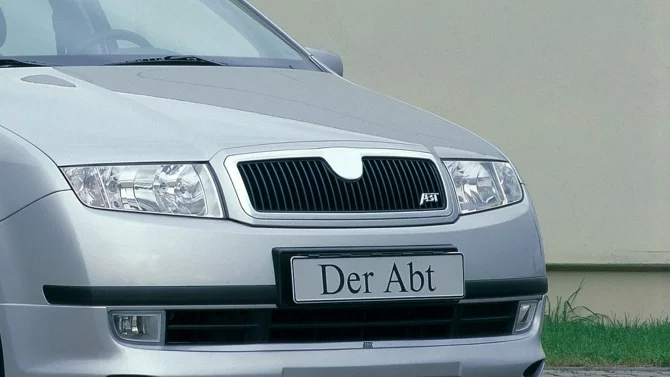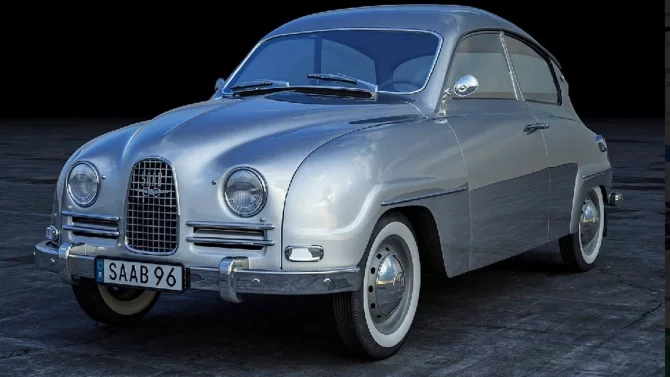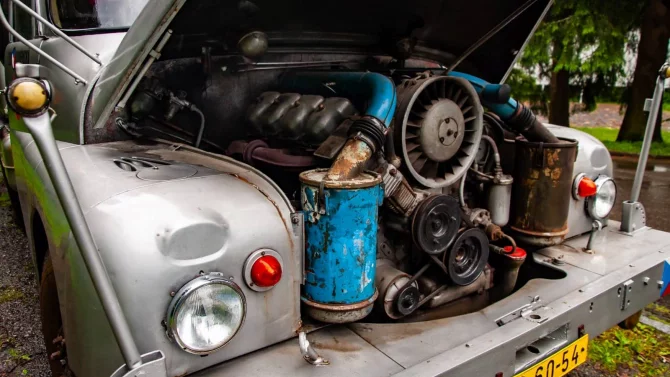...
By David Brunnstrom
LUXEMBOURG, April 23 (Reuters) - The European Union said on Monday it hoped to resolve a dispute holding up a wide-ranging partnership pact with Russia before a summit next month, despite the failure of weekend talks with its main energy supplier.
"We have some work to do, but I hope very much that before long the issue will be resolved. In any case before the summit," EU foreign policy chief Javier Solana told reporters ahead of talks with Russian Foreign Minister Sergei Lavrov.
Brussels and Moscow failed on Sunday to get agreement to end a 16-month-old Russian ban on the import of Polish meat that has blocked negotiations on the partnership pact, due to cover energy, trade, economic cooperation and human rights.
The EU side had been keen to start talks on the new cooperation pact with Russia by the May 18 summit to reinvigorate ties and ease worries about energy supplies.
Reliant on Russian gas and oil, EU countries fear Russia is using its vast energy resources as a political weapon and have criticised Moscow for shutting off supplies of oil and gas during disputes with transit countries such as Ukraine.
German Foreign Minister Frank-Walter Steinmeier, whose country holds the rotating EU presidency, said the talks with Lavrov would focus on how the negotiations could be started as quickly as possible.
But Polish Foreign Minister Anna Fotyga was downbeat. "There is no progress," she said when asked if she expected a breakthrough.
EU officials said that while it appeared impossible to launch the talks by the summit, they hoped they could at least to announce the intention when the leaders meet.
RELATIONS AT LOW POINT
"I am only cautiously optimistic I must say," EU External Relations Commissioner Benita Ferrero-Waldner said when asked about efforts to launch the talks.
"We have to go on working and trying to get this ready and the last moment would be the summit."
EU Trade Commissioner Peter Mandelson set a grim tone before the talks with Lavrov by saying on Friday that EU-Russia relations were at their lowest point since the Cold War.
Mandelson urged both sides to take a long-term view. He said that while Europe needed guarantees Russia would not cut off energy supplies, it needed to understand Russia's perception of EU encroachment into its sphere of influence.
The two sides are at odds over the breakaway Serbian province of Kosovo, with the European Union backing a U.N. plan for its independence, while Russia -- a veto-holding member of the U.N. Security Council -- says any plan must have the support of Serbia, bitterly opposed to Kosovo's independence.
Brussels sees Russia's support of Serbia as frustrating to its strategy for stability in the Balkans.
Moscow, meanwhile, has been upset by U.S. plans to put an anti-ballistic missile system in Poland and the Czech Republic, former Soviet bloc states that are now EU and NATO members.
And, while the two sides have cooperated on world issues such as Middle East peace and containing Iran's nuclear programme, EU leaders routinely anger Moscow with concerns about murders of dissidents and police conduct against demonstrators. (Additional reporting by Ingrid Melander)
Keywords: EU RUSSIA/




 „Elektrická mobilita je budoucnost, o tom není pochyb. Každý, kdo tvrdí opak, poškozuje náš průmysl.“ A proto přijdou plošné evropské dotace
„Elektrická mobilita je budoucnost, o tom není pochyb. Každý, kdo tvrdí opak, poškozuje náš průmysl.“ A proto přijdou plošné evropské dotace
 Našli jsme deset absolutně neznámých automobilů současnosti. Dokážete uhodnout alespoň polovinu?
Našli jsme deset absolutně neznámých automobilů současnosti. Dokážete uhodnout alespoň polovinu?
 Dvě i čtyři doby, tři a čtyři válce: Saab 96 se stal vozem pro individualisty, a to i v Československu
Dvě i čtyři doby, tři a čtyři válce: Saab 96 se stal vozem pro individualisty, a to i v Československu
 Elektromobil jako ojetinu nikdo nechce. Velký český autobazar skončil s jejich nákupem i prodejem
Elektromobil jako ojetinu nikdo nechce. Velký český autobazar skončil s jejich nákupem i prodejem
 Youtubeři zkoušeli, jestli nastartují Tatru 138 odstavenou osmnáct let. Výsledek nikoho nepřekvapí
Youtubeři zkoušeli, jestli nastartují Tatru 138 odstavenou osmnáct let. Výsledek nikoho nepřekvapí
